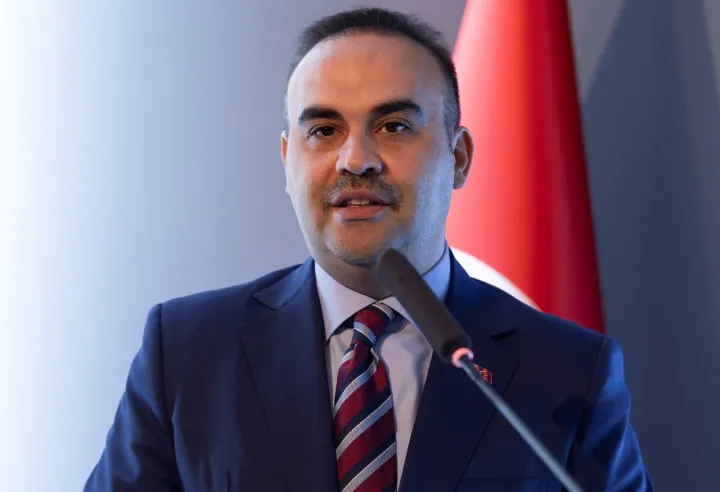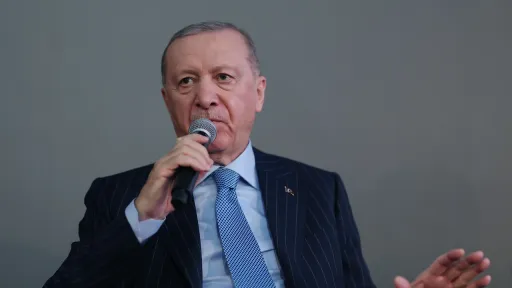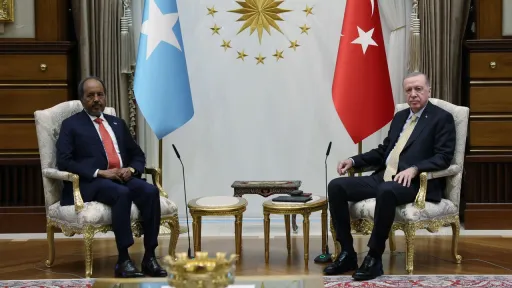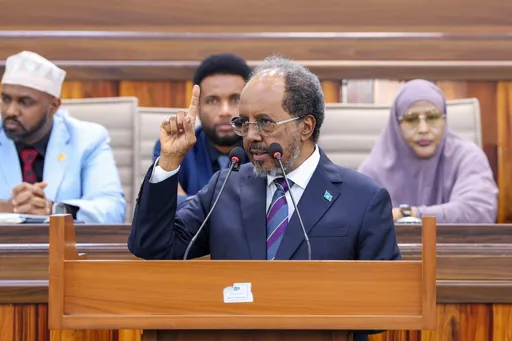Efforts to create a landmark treaty to end global plastic pollution advance on Monday in Nairobi as most of the world's nations, plus petrochemical companies, environmentalists and others affected by the pollution gather to discuss draft language for the first time.
It's the third gathering in a compressed five-meeting schedule intended to complete negotiations by the end of next year.
Power dynamics and positions became clear in the first two rounds of talks in Paris and Punta del Este, Uruguay and echo some of the same positions as in international climate talks, and with good reason — many of the players are the same.
Plastic is largely made from crude oil and natural gas , giving oil-producing countries and companies a large stake in any treaty.
Global negotiators last met in Paris in June and agreed to produce initial treaty text before reconvening in Nairobi.
The draft was published in early September. The UN Intergovernmental Negotiating Committee on Plastic Pollution is charged with developing the first international, legally binding treaty on plastic pollution on land and at sea.
Plastic ban
Nairobi is a significant location to host this third session, as the East African country is a global leader in fighting plastic pollution, AP news agency reports.
In a groundbreaking move in 2017, Kenya banned the manufacture, sale and use of single-use plastic bags, which were hugely popular for carrying things but were also strewn across the landscape.
In what is one of the strictest bans on the products, lawbreakers face fines and up to four years in jail.
Two years later, Kenya banned single-use plastic like cutlery, straws and PET bottles from parks, forests, beaches and other protected areas.
Kenya is also an important player in environmental matters as home to United National Environment Programme headquarters. Kenya generates more than 70% of its electricity from renewable sources.
























